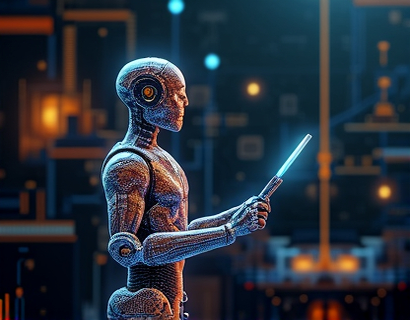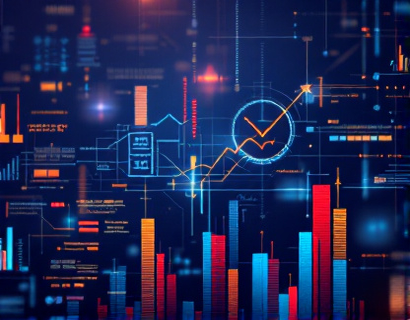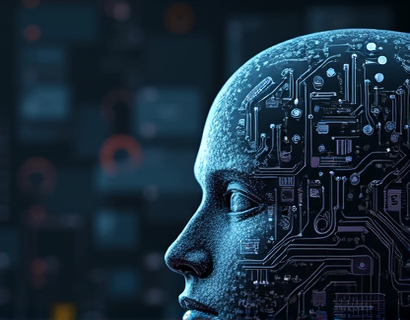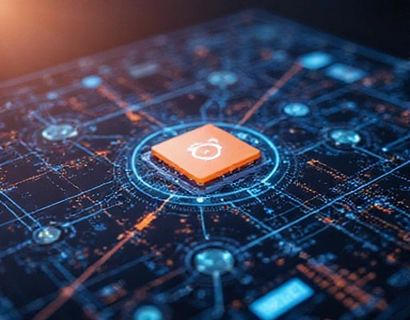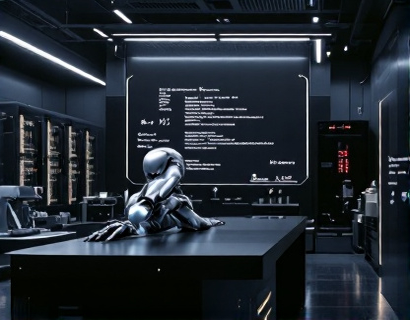Decentralized Innovation: Empowering Web3 Governance with Community-Driven DAOs
In the rapidly evolving landscape of Web3, decentralized autonomous organizations (DAOs) stand as a pivotal force in redefining governance and innovation. This guide delves into the transformative power of DAOs, emphasizing community empowerment, transparency, and scalability to drive advancements in digital protocol management. By exploring the core principles and practical applications of DAOs, we aim to illuminate their role in shaping a more inclusive and efficient future for decentralized technologies.
Understanding DAOs
Decentralized Autonomous Organizations, or DAOs, are digital entities governed by smart contracts on a blockchain. These smart contracts encode the rules and decision-making processes, ensuring that operations are executed transparently and without central control. Unlike traditional organizations, DAOs do not rely on a central authority or hierarchy, instead distributing power among members through token-based voting systems. This structure fosters a more democratic and participatory approach to governance.
Community Empowerment
The cornerstone of DAOs is community empowerment. By leveraging blockchain technology, DAOs enable token holders to participate in decision-making processes, thereby democratizing control over digital protocols. This shift empowers individuals who might otherwise be marginalized in traditional governance models. For instance, developers, users, and stakeholders can propose and vote on changes, ensuring that the evolution of protocols aligns with the collective interests of the community. This level of engagement not only enhances trust but also fosters a sense of ownership and responsibility among members.
Transparency in Governance
Transparency is a fundamental feature of DAOs, rooted in the immutable and public nature of blockchain. All transactions, proposals, and votes are recorded on the blockchain, making them accessible to anyone. This level of transparency reduces the risk of corruption and mismanagement, as every action is traceable and verifiable. Moreover, the open-source nature of many DAOs allows community members to audit and review the code, further ensuring accountability. This transparency builds trust and encourages broader participation, as members can confidently engage in governance without fear of hidden agendas.
Scalability and Efficiency
Scalability is a critical challenge in the Web3 ecosystem, and DAOs offer innovative solutions to enhance efficiency in digital protocol management. By automating governance processes through smart contracts, DAOs reduce the need for manual interventions, thereby lowering costs and increasing speed. This automation also minimizes human errors and biases, ensuring that decisions are executed consistently and fairly. Additionally, the modular design of DAOs allows for easy updates and expansions, enabling organizations to adapt quickly to changing technological and market conditions.
Case Studies and Real-World Applications
Several projects exemplify the successful implementation of DAOs in Web3 governance. One notable example is MakerDAO, a decentralized finance (DeFi) platform that allows users to create and manage stablecoins. Through its DAO, MakerDAO has empowered the community to make critical decisions about protocol upgrades and parameter adjustments. This collaborative approach has led to significant improvements in the stability and usability of the DAI stablecoin. Another example is Aragon, a platform that facilitates the creation and management of DAOs. Aragon's tools enable organizations to set up their governance structures, manage token distributions, and conduct transparent voting processes, making it easier for new DAOs to emerge and thrive.
Challenges and Considerations
While DAOs offer numerous benefits, they also come with unique challenges that must be addressed. One major concern is the technical complexity involved in setting up and managing a DAO. Not all community members may have the necessary knowledge to participate effectively, potentially leading to unequal representation. To mitigate this, educational resources and user-friendly tools are essential. Additionally, the reliance on token economics can introduce issues such as token concentration and voting power imbalances. Implementing mechanisms like liquid democracy or proxy voting can help distribute influence more evenly.
Future Prospects
The future of DAOs in Web3 governance is promising, with ongoing developments aimed at enhancing their functionality and accessibility. Advancements in user interface design and educational initiatives are making DAOs more approachable for a broader audience. Moreover, the integration of DAOs with other decentralized technologies, such as decentralized finance (DeFi) and non-fungible tokens (NFTs), is opening new avenues for innovation. As the ecosystem matures, we can expect to see more sophisticated and robust DAO models that further empower communities and drive the evolution of decentralized technologies.
Conclusion
Decentralized Autonomous Organizations represent a revolutionary approach to governance in the Web3 space. By empowering communities, ensuring transparency, and enhancing scalability, DAOs are poised to play a crucial role in the development and management of digital protocols. As the landscape continues to evolve, embracing DAOs will be essential for fostering innovation and building a more inclusive and resilient Web3 ecosystem. Join the movement and be part of shaping the future of decentralized technology.









